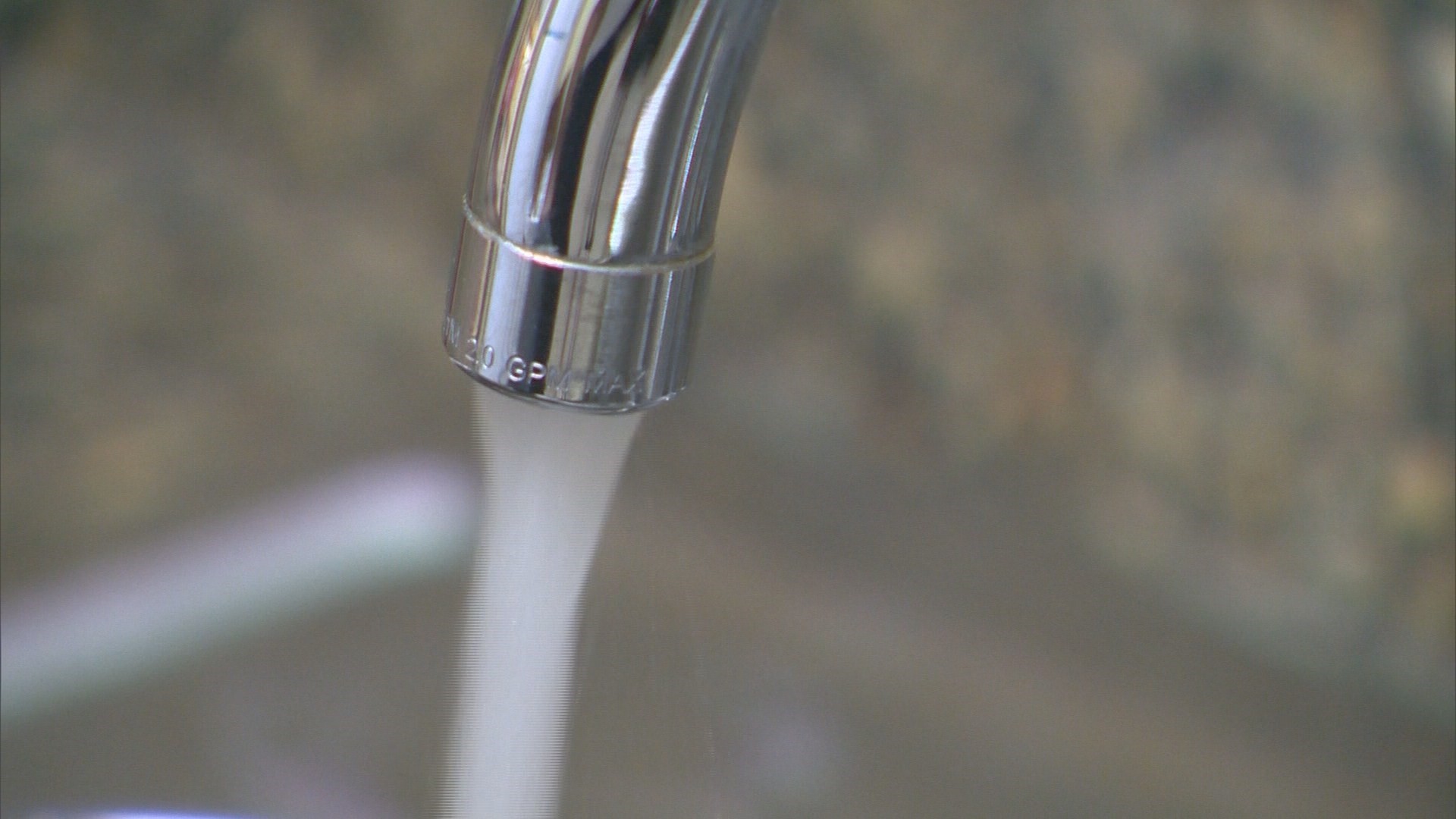SAN ANTONIO — On Wednesday, San Antonio Water System has issued a boil water notice for the San Antonio area. The "boil water notice" is considered voluntary.
Robert Puente of SAWS said at a city council meeting Wednesday it would just be a precautionary measure due to the level of water pressure. To see where in the city residents are still being advised to boil their water, click here.
New Braunfels Utilities also instituted a Boil Water Notice for residents in its service area on Wednesday, and later rescinded it on Sunday after the quality was restored.
Alamo Heights officials said in a statement that residents in their city do not have to boil water "unless we loose additional electrical circuits." The city did ask Alamo Heights residents to conserve as much water as possible amid historic water consumption.
The full statement from SAWS is below:
This has been one of the most challenging winter storm events in San Antonio’s history. San Antonio Water System employees have worked tirelessly to provide and maintain water service.
As we struggle with low pressure and frozen pipes within homes, we believe that it is in the best interest of our customers to issue a "Voluntary Boil Water Notice." This cautionary measure is warranted until the region thaws.
The 100 plus hours of below freezing temperatures have caused us to have issues maintaining above 20 PSI in portions of the distribution system. At this time please take precautions to boil your water until you are notified from SAWS that you do not have too.
We apologize for the inconvenience, but rest assured we are working around the clock to resolve the issues and restore full service to all our customers.
Specifics of a boil water advisory might be given by different communities, but below are verbatim standard recommendations from the Centers for Disease Control.
Use bottled or boiled water for drinking, preparing and cooking, brushing teeth and making ice. This includes water for pets.
If bottled water is not available, bring water to a full rolling boil for 1 minute (at elevations above 6,500 feet, boil for 3 minutes), then allow it to cool before use.
Boil tap water even if it is filtered.
Do not use water from any appliance connected to your water line, such as ice and water from a refrigerator.
Breastfeeding is the best infant feeding option. If you formula feed your child, provide ready-to-use formula, if available.
Handwashing
In many situations, you can use tap water and soap to wash your hands. Follow the guidance from your local public health officials.
Be sure to scrub your hands with soap and water for at least 20 seconds, and rinse them well under running water.
If soap and water are not available, use an alcohol-based hand sanitizer that contains at least 60% alcohol.
Bathing and showering
Be careful not to swallow any water when bathing or showering.
Use caution when bathing babies and young children. Consider giving them a sponge bath to reduce the chance of them swallowing water.
Brushing teeth
Brush teeth with boiled or bottled water. Do not use untreated tap water.
Washing dishes
If possible, use disposable plates, cups, and utensils during a boil water advisory.
Household dishwashers generally are safe to use if the water reaches a final rinse temperature of at least 150 degrees Fahrenheit (65.55°Celsius), or if the dishwater has a sanitizing cycle.
Sterilize all baby bottles.
To wash dishes by hand:
Wash and rinse the dishes as you normally would using hot water.
In a separate basin, add 1 teaspoon of unscented household liquid bleach for each gallon of warm water.
Soak the rinsed dishes in the water for at least one minute.
Let the dishes air dry completely before using again.
Laundry
It is safe to wash clothes as usual.
Cleaning
Use bottled water, boiled water, or water that has been disinfected with bleach pdf icon[PDF – 1 page] to clean washable toys and surfaces.
Caring for pets
Pets can get sick by some of the same germs as people or spread germs to people. Provide bottled or boiled water after it has been cooled for pets to use.
If bottled water is not available, bring water to a full rolling boil for 1 minute (at elevations above 6,500 feet, boil for 3 minutes), then allow it to cool before use.
Boil tap water even if it is filtered.
Do not use water from any appliance connected to your water line, such as ice and water from a refrigerator.
Caring for your garden and houseplants
You can use tap water for household plants and gardens.

